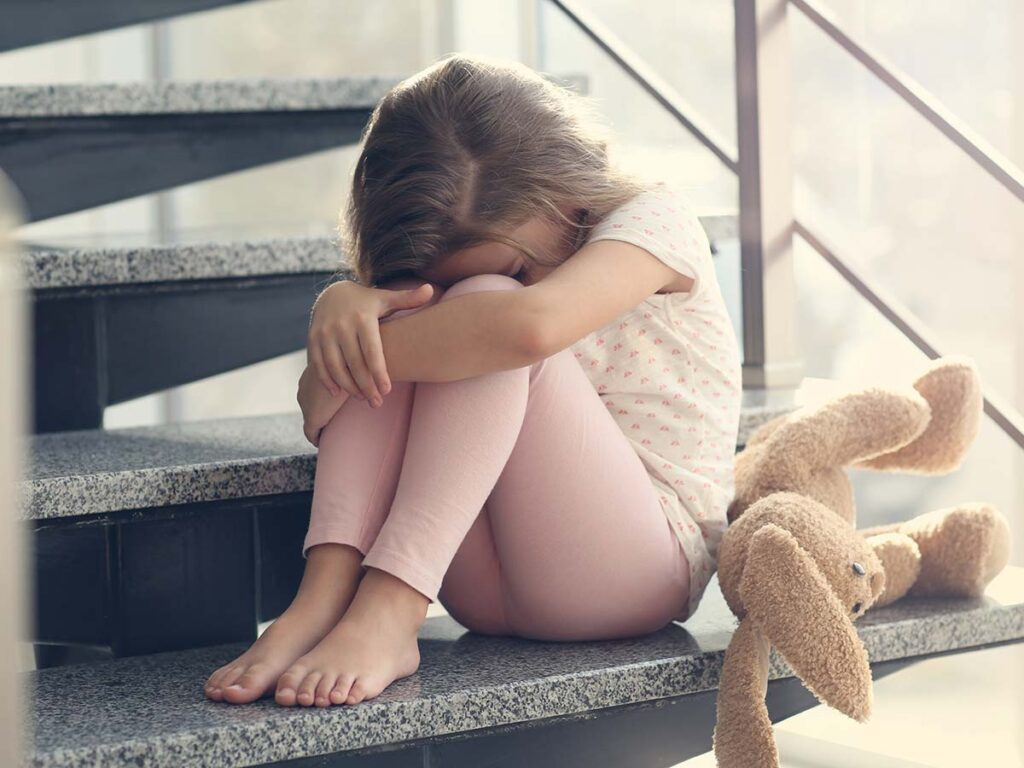Understanding and Addressing Child Sexual Abuse
Child sexual abuse is a pervasive issue that affects the well-being of countless children across the globe. It is crucial to recognize the warning signs, understand the long-term consequences, and take steps to protect children from harm. This guide aims to provide detailed insights into child sexual abuse, its effects, prevention strategies, and legal actions survivors can pursue.
What is Child Sexual Abuse?
Child sexual abuse refers to any sexual activity with a minor, involving force, coercion, or manipulation by an adult, family member or other child. These actions often include physical contact, inappropriate sexual behavior, or sexual exploitation. Sexual abuse may not always involve physical contact; exposing a child to sexual activity or explicit materials also constitutes sexual abuse. Understanding the legal definitions of such acts can help in identifying and addressing these crimes.

Warning Signs of a Sexually Abused Child
Recognizing the warning signs of child sexual abuse is critical in taking prompt action. Some indicators include:
- Behavioral changes: Sudden aggression, withdrawal, or fearfulness.
- Regressive behaviors: Bed wetting, thumb sucking, or displaying inappropriate sexual knowledge beyond their age.
- Physical evidence: Unexplained injuries or irritation in the genital area.
- Mental health concerns: Development of eating disorders, self-mutilation, or suicidal thoughts.
If you notice these signs, seek help or report it to the appropriate authorities immediately.
The Impact of Childhood Sexual Abuse
Childhood sexual abuse leaves lasting scars on survivors, affecting their mental and emotional health throughout life. Survivors of child sexual abuse may experience:
- Long-term trauma: Feelings of shame, guilt, and fear that persist into adulthood.
- Increased risk of substance abuse: Many survivors turn to drugs or alcohol as a coping mechanism.
- Difficulty forming relationships: Trust issues stemming from past sexual abuse can hinder personal and professional relationships.
- Physical health concerns: The stress of unresolved abuse can lead to chronic health issues and lowered immune function.
Types of Sexual Child Abuse
Child sexual abuse can take many forms, including:
- Physical contact: Unwanted touching or other direct acts or sexual contact involving the child.
- Exploitation: Forcing a child to engage in sexual activity for financial gain, sexual gratification or other motives.
- Inappropriate exposure: Encouraging or forcing a child to view adult material or perform sexual acts.
Each case is unique, and understanding these forms can help caregivers and professionals better address the situation.
Preventing Child Sexual Abuse
Prevention is key to reducing the number of child sexual abuse cases. Families, schools, and communities must work together to create a safe environment for children. Steps include:
- Educating children about boundaries: Teach children which body parts are private and encourage them to speak to a trusted adult if they feel uncomfortable.
- Recognizing warning signs in adults: Be vigilant for signs of grooming behavior by perpetrators.
- Promoting child abuse prevention programs: Schools and organizations can implement training to educate staff and children about the risks.
Efforts to prevent child sexual abuse protect children and ensure future generations grow up in a safe environment.
Legal Actions for Child Sexual Abuse Survivors
Child sexual abuse survivors have the right to seek justice and hold perpetrators accountable. Legal actions may include:
- Filing criminal charges: This can lead to prosecution and penalties for the offender.
- Pursuing civil lawsuits: Survivors may seek compensation for damages related to their abuse.
- Reporting suspected child abuse: By coming forward, survivors help prevent future abuse and promote accountability.
Laws vary by state, but many have extended statutes of limitations for survivors to take legal action. California, for instance, enacted AB 452 in 2023, which eliminates the statute of limitations for childhood sexual assault claims occurring on or after January 1, 2024.

How Greenberg Gross LLP Can Help
Greenberg Gross LLP is committed to standing with child sexual abuse survivors and their families. The firm offers compassionate legal support to help clients navigate the complexities of their cases while seeking justice.
The team understands the challenges survivors face and works diligently to provide a safe environment where clients feel heard and empowered. By tailoring strategies to the unique needs of each case, Greenberg Gross LLP aims to secure fair outcomes and help clients move forward with confidence.
Frequently Asked Questions (FAQ)
What are the signs that a child is being sexually abused?
Signs include behavioral changes, regressive behaviors such as thumb sucking or bed wetting, and unexplained injuries in the genital area.
How can I report suspected child abuse?
Contact your local child protective services, law enforcement agency, or a trusted organization specializing in child abuse prevention.
Can survivors of childhood sexual abuse take legal action as adults?
Yes. Many states allow survivors to file lawsuits as adults, especially when they only recognize the impact of the abuse later in life. Check your state laws or consult an attorney for guidance.
What should I do if I suspect someone I know is abusing a child?
Immediately report the suspected child abuse to the authorities. Taking prompt action can protect the child and prevent further harm.
How can communities help prevent child sexual abuse?
Communities can promote child abuse prevention programs, educate adults about recognizing warning signs of child sexual victimization, and ensure children grow up in safe environments.
If you or someone you know is a survivor of child sexual abuse, you are not alone. Contact Greenberg Gross LLP for compassionate legal support and advocacy to help you take the first steps toward healing.